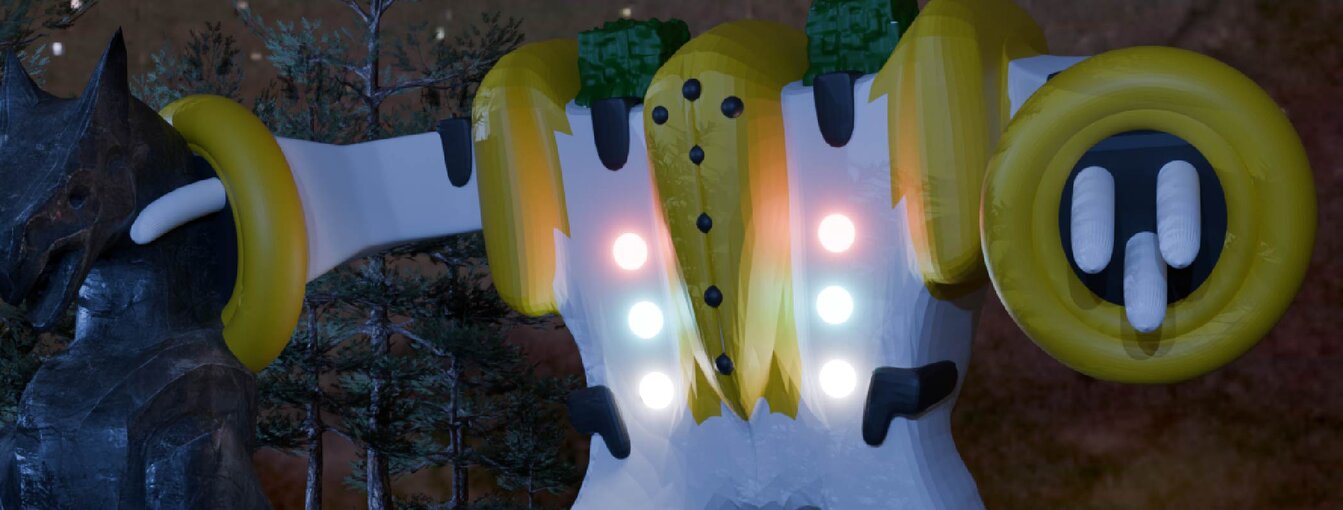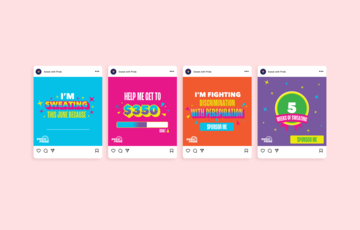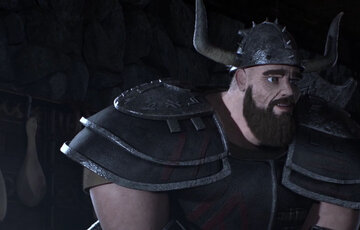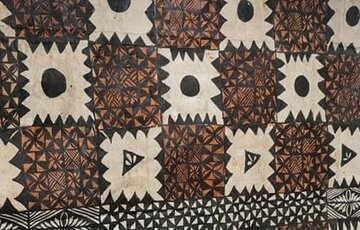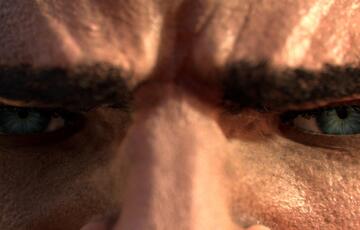Why study Arts and Design?
Begin your journey into a creative world
Kick-start your creative journey by exploring concept art, 3D design, game design, and animation. Work on fun, hands-on projects that help you develop your skills and bring your ideas to life. Whether you’re preparing for further study or looking to break into the creative industries, this course is the perfect first step.

Learn the skills using characters you are familiar with!
Course Outline
What you'll cover in this course
By the end of this course, you will be able to:
- Apply creative and professional processes - such as discovery, conceptualisation, iteration, prototyping, and presentation - to develop digital media outcomes in response to a project brief.
- Use a range of technical tools and methods to design, produce, and present creative digital content.
- Apply an understanding of design elements and principles to review and refine digital media work.
| Component Name | Credits | Toggle |
|---|---|---|
|
Concept Art
|
15
|
|
|
This component introduces the foundations of concept art by combining traditional drawing techniques with digital tools. You’ll start by sketching ideas by hand, then develop and refine your concepts using software like Photoshop or Procreate. This process supports expressive, textured visual development - ideal for early exploration of characters, environments, and storytelling in games, animation, and film.
Learning Outcomes: 1. Gain understanding of arts and design processes and drawing skills with a range of media including digital. 2. Apply problem-solving and critical thinking skills in response to an arts and design brief. Level 4
NZ2627
AD100
|
||
|
3D Design
|
15
|
|
|
Explore the basics of 3D design using Blender. In this component, you’ll learn how to model, rig, and render 3D assets and scenes. Through creative challenges and hands-on practice, you’ll develop both technical confidence and the ability to visualise ideas in three dimensions - laying the groundwork for animation, game environments, or product design.
Learning Outcomes: 1. Demonstrate understanding of legal responsibilities, including copyright and intellectual property best practices. 2. Demonstrate competency in using appropriate industry-standard tools to respond to an arts and design brief. Level 4
NZ2627
AD200
|
||
|
Game Design
|
15
|
|
|
This component introduces 2D game design using GameMaker. You'll explore key concepts such as player interaction, level design, and basic coding with GameMaker Language (GML). From prototyping to playtesting, you’ll apply creative and technical thinking to design and build your own playable game.
Learning Outcomes: 1. Apply industry-standard practices and processes in response to an arts and design brief. 2. Demonstrate understanding of the elements and principles of arts and design through practical application. Level 4
NZ2627
AD300
|
||
|
Animation
|
15
|
|
|
Building on your 3D design skills, this component focuses on bringing your creations to life through animation. Using Blender, you’ll learn fundamental animation techniques such as keyframing and timing. You'll explore how motion enhances storytelling by animating characters, objects, and environments.
Learning Outcomes: 1. Demonstrate professionalism in the production and presentation of an arts and design solution in response to a brief. 2. Demonstrate understanding of the elements and principles of arts and design in a practical context. Level 4
NZ2627
AD400
|
||
Pathway to Further Study
The Certificate in Arts and Design set you up perfectly to go into one of our Bachelor programmes, and onto an exciting career path in your chosen field.
Game Art - Bachelor of Creative Technologies
Check out our Game Art course
3D Animation & VFX - Bachelor of Art & Design
Check out our 3D animation & VFX course
Course Requirements
To be admitted to the NZ Certificate in Art and Design (Level 4) qualification, applicants must provide evidence of the following:
- Domestic ākonga; or
- an Australian citizen or Australian permanent resident currently residing in New Zealand
- and is 16 years of age or over.
International students must be at least 18 years of age and have an IELTS score of 5.5 or equivalent, with no band score lower than 5.
Applicants need to provide:
- NCEA Level 2 (or international equivalent)
- Candidates without NCEA Level 2 (or international equivalent) must be assessed by the Programme Coordinator.
As an international student, you'll need to prove you have sufficient English language skills in order to complete this course. We'll be looking for Academic IELTS overall score of 5.5 (minimum) with no band less than 5.0, or equivalent test result.
We accept a range of internationally recognised English Language proficiency test. Find out more on the NZQA website or download the NZQA list HERE.
Before you begin your study with us, you will need to have a suitable device that has the functionality to run the programmes required for your course.
Follow this link to find course-specific requirements and recommendations, along with links to more information about hardware specifications. We have prepared these recommendations to help our students equip for flexible, blended learning.
Student Success
Take a look at some of our students who started in our Foundation level courses and progressed through to a Bachelors Degree.
